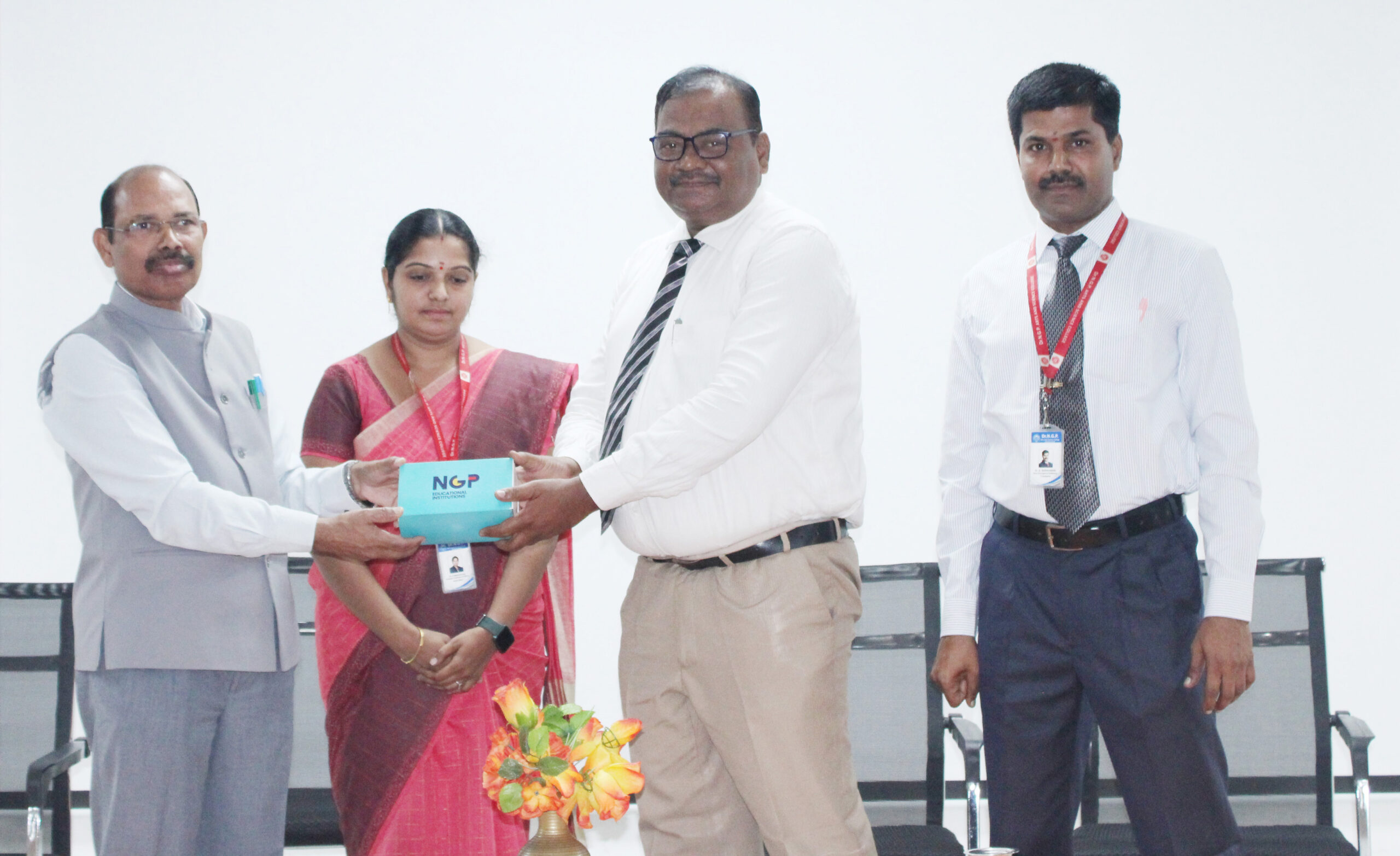Trending Now
- IPL 2024 begins with a bang. First contest between CSK and RCB.
- Election commission allots mike symbol to Naam Thamizhar Katchi
- AIADMK promises to urge for AIIMS in Coimbatore, in its election manifesto.
- Ponmudi becomes higher education minister.
Coimbatore
70% of Indian employees across cities feel empowered to embrace flexi-work
![]() July 7, 2017
July 7, 2017
Bengaluru: “These are exciting times in workplaces. It is no longer necessary to report to work, remote working has become an acceptable way of contributing,” says Sayantan Das, IT Consultant. According to the Asia Workplace 2020 Study by Microsoft, a large number of the Gen X and Millennial workforce in India are open to digital workspaces, value work-life integration (rather than work-life separation), and are embracing flexi workstyles that enable them to be mobile professionals with a personalized way of how they work and live. In fact, adoption of practices and advanced technology that enable flexi-work and collaboration have been ranked as the #1 and #2 reasons for joining and staying in an organization. “Times have changed, professional and personal demands have also increased. The archaic way of running an organisation has to go through a change to adapt to new styles of working. Employees are happiest when they are trusted by an organisation to deliver, without being too rigid with them,” says Sudeshna Saha Roy, HR, Business Vertical, Allegis Group.
Interestingly, only 6% of the respondents stated that they were individual contributors. 88% worked in cross-department and/or cross-geography teams. 43% stated that using collaborative technology (i.e. messaging apps, virtual meetings, enterprise social networks, etc.) would make a positive difference in working remotely from locations outside the office, and around 30% believed that it would help provide timely resolution to internal issues and launch new initiatives. 41% felt the need for cloud-based collaboration tools to increase their productivity.
Given these blurring boundaries of work and life and the impending influx of digital natives (born after 2000) entering the workforce for the first time, organizations need to look at new workplace practices and platforms that integrate people, data, and processes to create value in a new digital business. One such solution is Microsoft Teams, the chat-based workspace built on Office 365 that brings together people, conversations, and content along with the tools that teams need, in a secure and compliant environment, so they can easily collaborate virtually. This addresses some of the new teamwork challenges in the digital workplace such as face-to-face meetings, time spent on-boarding new members and teams taking too long to respond to internal issues.
However, the study also revealed that working professionals did not yet feel that their organizations are fully on board for this. Only 55% agreed that their leadership is committed to ensure every employee is included in bridging the digital skills gap. 54% agreed that their organization has invested in culture development; 53% agreed that their organization has invested in analytics and data tools to help make informed and immediate decisions; and 56% agreed that their organization has given them tools to simplify and standardize their workflow.
Employees today no longer need to be working at the desks or cubicles to stay productive. The study reveals that 7 in 10 mobile professionals in Asia spend at least a day in their work week working outside of the office. “Times have changed. Both parents are fully invested in work and in personal spaces. So there are days when a parent is needed at home. To allow work from home is an intelligent, efficient thing to do. Instead of bunking office, if an employee wants to work remotely, it should be fine with an organisation,” says Rishi Mittal, Consultant, Amazon.
Adding to the same line of thought, “It is true. Employees should have the flexibility to work from places other than his cubicle. We are jet setting for work, so the professional who has his devices with him can work from anywhere. The fixed timings and a boss hovering on an employee is not the way an organisation can grow, We have to make employees comfortable to reach their full potential,” says Sandhya Kumar, Freelance HR.























